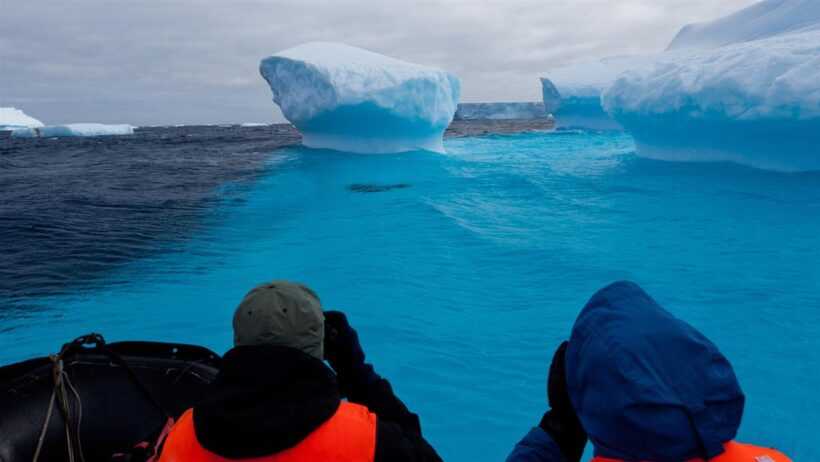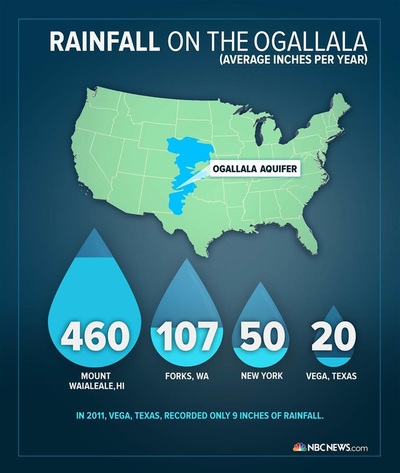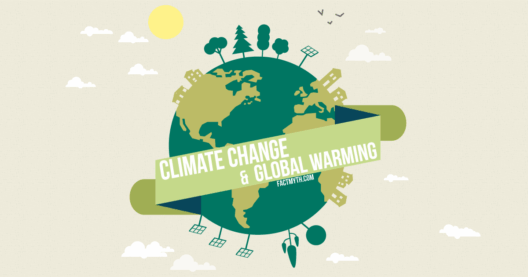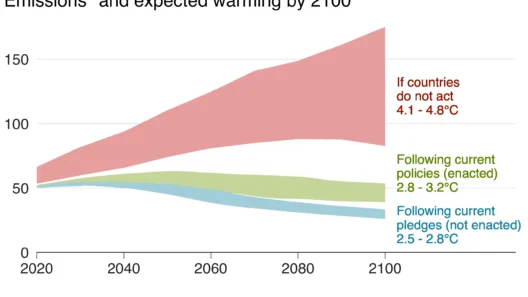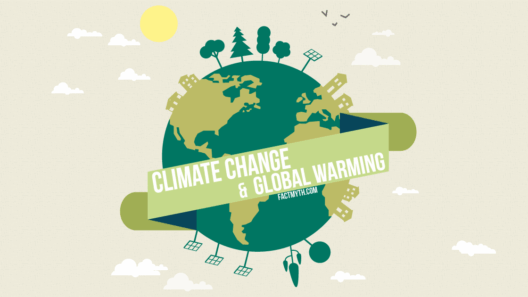Climate change, a phenomenon that has captured global attention, is often discussed in starkly negative terms. Rising sea levels, extreme weather events, and habitat destruction are among the urgent concerns raised by scientists and activists. However, amidst this cacophony of alarm, some argue for an alternative view: that climate change could yield certain advantages. This perspective, albeit controversial, warrants examination to understand the complexities of our evolving planet.
To begin, it is crucial to explore the idea that climate change may lead to increased agricultural productivity in certain regions. For example, areas currently characterized by harsh winters could experience more favorable growing conditions as temperatures rise. This shift might allow for the cultivation of new crops traditionally unsuitable for those latitudes, effectively expanding arable land. In fact, the potential for earlier springs and longer growing seasons could bolster food security in specific locales, particularly in temperate zones.
Moreover, the economic implications of such agricultural diversification are profound. As food production expands, the job market within these new agricultural sectors could thaw, leading to increased employment opportunities in formerly underutilized regions. This phenomenon has the potential to engender a renaissance in rural economies, fostering both local community resilience and overall economic growth. However, such optimism must be tempered with an acknowledgment of the challenges posed by this transition, including the threat of biodiversity loss and the need for sustainable practices.
Additionally, the melting of polar ice caps, while ominously signaling climate change, reveals opportunities for resource extraction that were previously inaccessible. The Arctic region, in particular, has garnered attention for its undersea oil and gas reserves, as well as vast mineral deposits. Proponents of this viewpoint argue that tapping into these resources could alleviate dependence on fossil fuels sourced from politically unstable regions, thereby enhancing energy security. Yet, this prospect carries significant environmental risks, underscoring the precarious balance between resource extraction and conservation.
Furthermore, the potential for new shipping routes emerging from melting polar ice presents both opportunities and pitfalls. The Northern Sea Route, for example, may reduce shipping times and fuel consumption for commercial vessels traversing between Europe and Asia. This could result in diminished greenhouse gas emissions from maritime transport, thereby contributing to a decrease in certain atmospheric pollutants. However, the opening of these routes should not overshadow the profound impacts on Arctic ecosystems, which are already experiencing significant stressors from changing climatic conditions.
A compelling argument for considering the silver linings of climate change lies in the increased awareness and innovation it inspires. As communities grapple with the realities of a warming planet, there is a burgeoning impetus for technological advancements aimed at mitigating its effects. Innovations in renewable energy, carbon capture technology, and sustainable agriculture are all spurred by the recognition that urgent action is needed. The urgency will likely create a catalyst for research and investment into green technologies, which, in the long run, could contribute to a more sustainable future.
Moreover, climate change has catalyzed international cooperation in an unexpected manner. The dire need for collective action has brought nations together to forge agreements, such as the Paris Agreement, aimed at curtailing greenhouse gas emissions and promoting sustainable practices. This newfound solidarity, while rooted in necessity, can facilitate international dialogue on various pressing issues, including conservation policies, public health, and environmental justice. Such collaborations could herald a more cooperative global community, promoting peace and stability through shared objectives.
On the sociocultural aspect, climate change has initiated critical conversations about our relationship with the environment. Enhanced public discourse surrounding ecological footprints, climate justice, and sustainability has infiltrated educational institutions, media, and public policy. People are more informed today than ever before about their environmental impact, which could lead to greater advocacy for responsible consumption and climatically friendly lifestyles.
However, viewing climate change through this lens must be approached with cautious optimism. A comprehensive understanding of the dichotomies at play is necessary. While certain regions and sectors may experience some benefits, larger, systemic challenges remain insurmountable. Disparities in climate impacts disproportionately affect marginalized communities, infrastructure, and natural habitats across the globe. The pursuit of economic or social advantages should never eclipse the imperative to confront and redress these inequities.
In conclusion, while the predominant narrative surrounding climate change leans heavily towards its adverse consequences, there exists a counterargument that warrants consideration. The potential for enhanced agricultural productivity, resource extraction, emerging shipping routes, technological innovation, increased international cooperation, and heightened public awareness paints a complex picture of a warming world. Nonetheless, these possible benefits come at a considerable cost, necessitating a balance between opportunity and responsibility. Evaluating the full spectrum of climate change’s impacts is essential in navigating the treacherous waters ahead, fostering adaptation strategies that prioritize both human and ecological well-being in an uncertain future.



